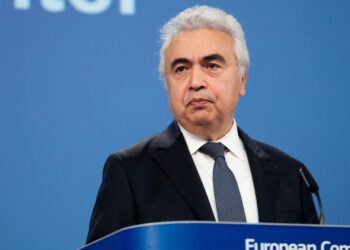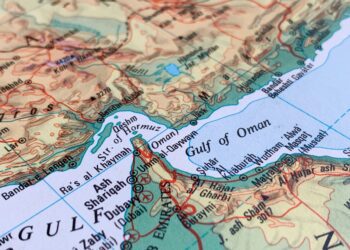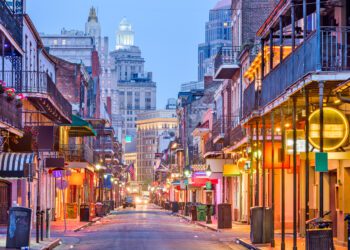Experiences of countries vary in hosting marquee international sports events.
Organizers of this summer’s FIFA World Cup in Russia have predicted that the total economic impact of the tournament could be as high as $30.8 billion by 2023. The estimates are based on a variety of factors from spending on construction to general investment.
The case is often made that hosting a World Cup, or any other major sporting event, can boost a nation’s economy in a number of ways from attracting tourists and initiating important infrastructure projects to highlighting countries and cities as good places to do business.
Yet others insist that the costs of achieving those goals frequently outweigh the economic benefits they produce.
The first reason for negativity is simply the opportunity cost of hosting a major sports event. The money spent on new or upgraded infrastructure would likely be used more wisely on long-term investments in critical areas of the economy, especially in a developing country.
In a well-constructed argument against hosting mega sporting events, economist Andrew Zimbalist lists examples of the white elephants left barely used in host cities once tournaments have ended. Before the 2010 World Cup in South Africa, low-income residents living in settlements near tournament sites were reportedly evicted in an attempt to improve the country’s image.
Brazil’s most expensive World Cup stadium is now a parking lot, while the country’s preparations for the World Cup cost an estimated $11-14 billion. Brazilian authorities concluded that public spending on the World Cup would be “enough money to pay the entire country’s annual Bolsa Familia [social welfare] bill twice over”.
Tourism is another popular argument for hosting such events. Yet while tournaments such as the World Cup certainly attract thousands of fans, there is evidence that they may actually disrupt established tourist flows and end up driving traffic away from popular sites and attractions.
Examples come in the shape of Beijing and London which both saw year-on-year visits decrease in their Olympic years. The British government’s own evaluation after the Olympic Games concluded that “there was substantial displacement of regular visitors who were deterred by the potential for overcrowding, disruption and price rises”.
As for where tourist dollars end up, hotel prices rise during sell-out events, but wages of service workers do not necessarily go up by the same amount, meaning the returns to capital are often greater than those to labor.
Looking ahead to Russia, analysts anticipate that economic gains from hosting the 2018 World Cup will mainly benefit the tourist industry, but have described them as being so slight that they are “equivalent to that of a statistical error”.
There are obviously multiple revenue streams that exist for organizers of such events, including gate receipts, merchandise sales, sponsorships and licensing agreements, and television rights. However, the governing bodies behind sporting events are taking an increasing share of these profits, making it harder for local organizers to make money.
Soccer’s governing body FIFA generated almost $5 billion in revenue from the 2014 World Cup, about half of which came from television rights, despite them contributing nothing to the costs of staging the tournament.
The positives are somewhat less tangible. Sport can be a powerful social tool. Tournaments have a feelgood factor, and inspiring stories of success can encourage children and adults to play more sports. Goldman Sachs has even shown that the stock market goes up in both the host country and the country that wins the World Cup – at least in the short term.
There are even studies showing that nations hosting an Olympic Games experience an increase in trade. But even countries that bid to host but lose see their trade go up, suggesting that the message they are open for business, rather than the tournament itself, is what really counts.












